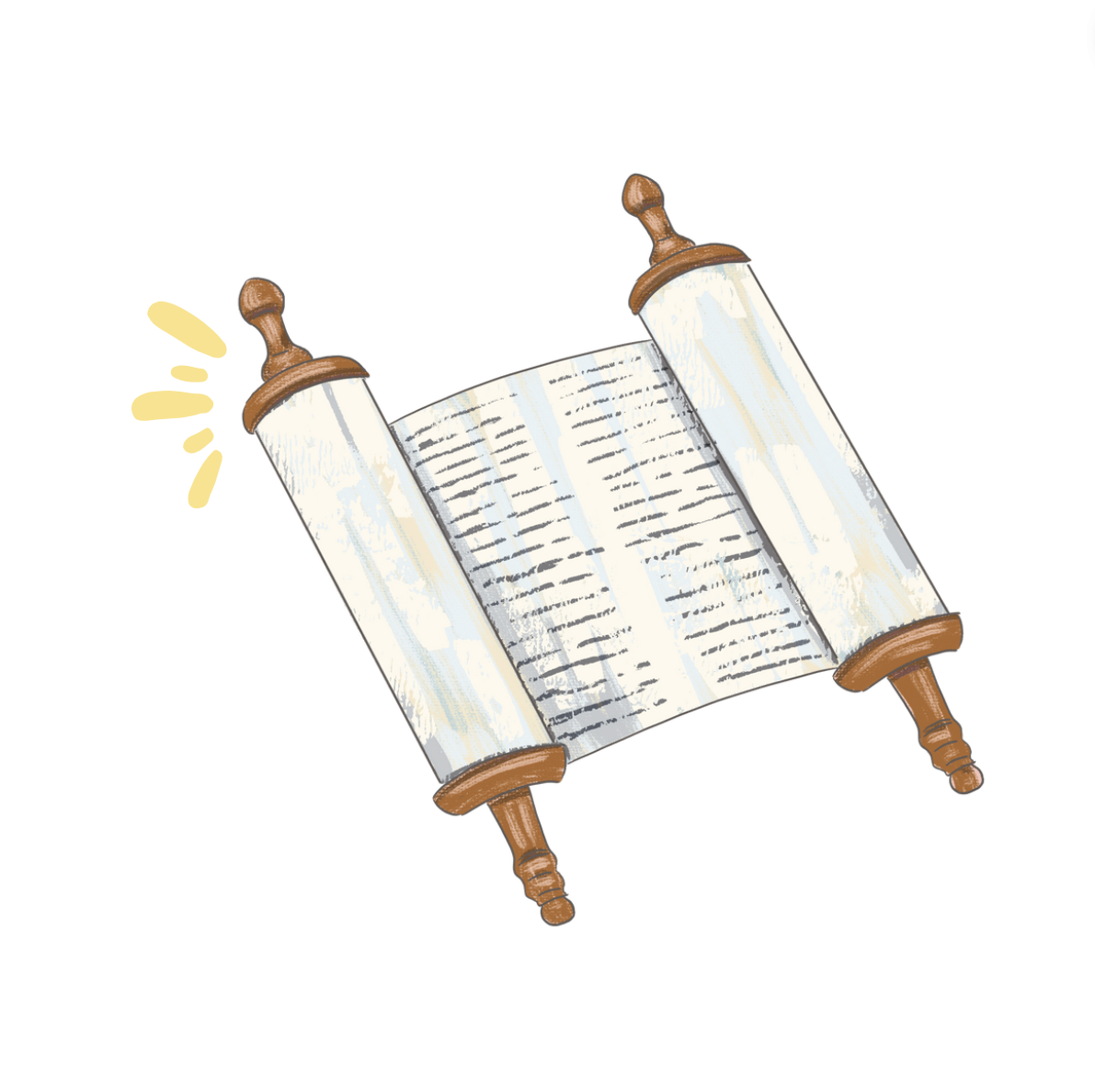This week’s Torah portion, Parashat Toldot, opens with a recurring theme in biblical literature as Rebekah, one of the our matriarchs, struggles with infertility. When she does eventually conceive twins, she experiences a very painful pregnancy. The Torah tells us: “The children struggled in her womb, and she said, “If so, why do I exist?” (Genesis 25:22).
Many ancient Rabbis and medieval commentators have inquired about the meaning of her question. But if we read the plain text of the Hebrew, Rebekah’s words, lama zeh anochi, are very simple. “Why me?”
These days, many of us have a similar question, a similar cry: Lamah zeh anachnu? Why us? Why are we faced with this hardship? Why are the Jewish people—who have suffered so much throughout our history—suffering yet again? After having been expelled from our homeland by the Roman Empire, Jews have lived under governments that discriminated against our people for two thousand years, always fearing for safety and longing to return to the Land of Israel. And yet, even with the achievement of the dream of a Jewish State, we continue to suffer. Though Jews in Israel have long faced challenges and violence, the attack on October 7 was unparallelled in its brutality. And now, expressions of hatred toward Israel, as well as incidents of antisemitism, continue to increase.
Rebekah embraces her son, Jacob. During her pregnancy, God shared a prophecy that her older son (Esau) would serve the younger (Jacob). So Rebekah does all she can to ensure Jacob’s safety and well-being. She even helps Jacob steal the special blessing—reserved for the older son—from Esau, dressing him in a disguise to trick his father.
Today, we embrace our cause and take a stand. We have stood by our Israeli siblings, supporting them with phone calls, supplies, donations, and prayers, and reminding them that they are not alone. We continue to demand the return of the hostages, and we will not stop until they are safely back home. We fight against antisemitism and anti-Zionism. We study and teach our history. We support one another in our anguish and pain. And we continue living proudly as Jews, experiencing the rhythms of Shabbat, holidays, and learning. We have rejoiced as young people are called to the Torah as B’nai Mitzvah, ready to begin taking on the challenges of our broken world. We have celebrated wedding couples who stand under the chuppah and commit to building a bayit ne’eman b’Yisrael, a faithful and strong house within the Jewish community. In this hard time for our community, we remember what a blessing it is to be part of Am Yisrael, the People of Israel, and what a gift it is to live a joyful Jewish life.
The story of Rebekah has more to teach us. While she supported Jacob, the pain in Rebekah’s life made her heart shrink—there was no room within it for her other child, Esau. As she sought to protect Jacob, she could not see Esau’s needs, pain, or humanity. But as Jews, we are taught that all people are created B’tzelem Elohim, in the image of the Divine. To me, living this value during such a time of devastation means mourning the loss of innocent Palestinian lives, and acknowledging and hearing the pain of civilians as their lives are upended forever. And it means speaking out against extremists in Israel, who, already emboldened before October 7, use this war as an excuse and an opportunity to dehumanize and attack Palestinians living in the West Bank.
Why us? No one has answers to this question. I wish it were one we did not have to ask. But Jews have always responded to difficult times with action. May we continue to act in support of Israel and the Jewish people in our hour of need, and may we live up to our highest ideals, taking a stand and embracing humanity during this time of darkness.
Shabbat Shalom,
Rabbi Deena

